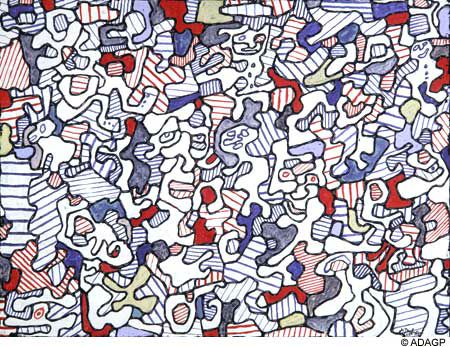
Giuseppe Colangelo
@GiuColangelo
Jean Monnet Chair and Professor of Competition L&E @UniBasilicata and @UniLUISS; TTLF Fellow @StanfordLaw; also @LawEconCenter and @Deep_In_Network
📅 On August 4 at 9:00 AM GMT+8, @LawEconCenter and the Taiwan Fair Trade Commission will gather scholars and experts in Taipei for "Shaping the Future or Being Shaped by It? Competition, Industrial Policy, and Innovation." Register from the 🔗🔽
📅August 4 |📍Taipei | 9:00 AM GMT+8 @LawEconCenter + Taiwan Fair Trade Commission present: “Shaping the Future or Being Shaped by It?” A global forum on how innovation, regulation, and antitrust interact in a shifting geopolitical landscape.
📅On August 4 at 9:00 AM GMT, @LawEconCenter + the Taiwan Fair Trade Commission host a global conference in Taipei: Shaping the Future or Being Shaped by It? Panels cover industrial policy, dynamic competition, and global antitrust standards. Registration link👇🏻
The real question is whether consumers value AI overviews in their search results. My personal experience (and the studies cited in the piece) suggests the answer is a clear yes. Perhaps the problem is not Google or AI, but traditional media's aging business model...
In Quinton v. Amex, 2025 WL 1994848 (EDNY 7-7-2025) the court admitted testimony that Amex's anti-steering rule was unlawful "cross-subsidization" -- a rare case permitting theory that a pure wealth transfer from poorer to wealthier customers could be an antitrust violation.
ICYMI: From the EU to Asia-Pacific to North America, new rules emerge on economic dependence in digital markets. In a @LawEconCenter working paper published in @SSRN, @GiuColangelo explores how this trend may blur the line between antitrust and contract law.🔗to full paper below
Superior Bargaining Power, Antitrust, and Digital Markets: A Transaction Cost #EconomicsPerspective This paper offers a critical analysis of national provisions on the abuse of economic dependence. Author: Giuseppe Colangelo Read More: spkl.io/6019ADRV9 #AcademicTwitter
As concerns about economic dependence grow in digital markets, its role in antitrust law remains uncertain. In a recent @SSRN paper, @GiuColangelo uses transaction cost economics to examine how such rules fit with modern competition law frameworks.🔗↓
Opposition to generative AI is driven by people who can't accept that the things they make might as well have been made by a machine.
For decades, an avant garde challenged the meaning of art. If you didn't "get" Duchamp's urinal, that's because you were a square. Now, strangely, the process is kicking into reverse with AI. Consider how *conservative* and *reactionary* this take is:
That time LeBron hit a circus 3 off-glass to force OT back in 2017 😮
1/10 Another AI fair use win - this time in Kadrey v. Meta. Good outcome here, but the court telegraphed that it really really really wants to use the theoretical market harm from unknown model outputs to factor into the market harm analysis on input fair use. more below.